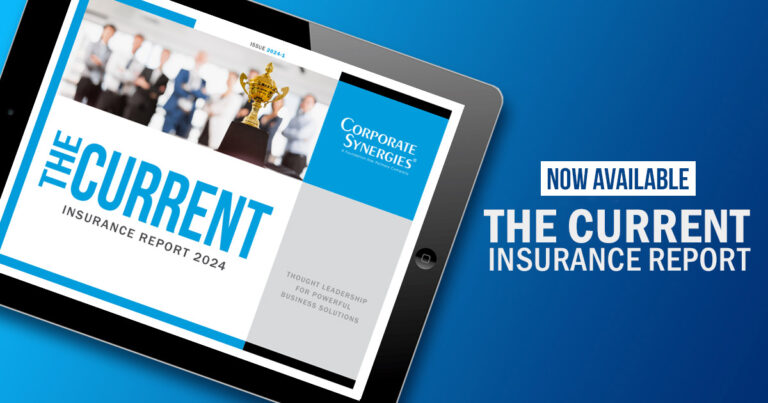Many major retailers have announced hiring pushes to bolster understaffed stores and prepare for the holiday shopping season. However, competition for workers is fierce and many employers are finding it difficult to stand out. Offering inexpensive perks like voluntary benefits can be a deciding factor and help employers attract seasonal talent.
The continuing retail labor shortage threatens to impact the busiest shopping period of the year. According to the U.S. Bureau of labor Statistics, there were 1.3 million retail job openings in August 2021 and 987,000 hires.1 Retailers are desperate for help, including Kohl’s, Target, Nordstrom, and Amazon which is looking to fill 150,000 seasonal positions. UPS is looking to hire 100,000 seasonal workers this year as warehouse, supply chain, and logistics positions are also added. That’s a lot of competition for an already strained labor pool.
The Increasing Costs of Attracting Seasonal Talent
This competition has pushed the biggest companies to offer incentives like higher wages, shift flexibility and sign-on bonuses. While these certainly help, not every organization has the budget for this, or they may have already met their competitors’ pay rates. That means employers can struggle to find the best talent.
There is a potential solution to combat that challenge: Offering temporary, seasonal workers voluntary benefits. Retailers may not be in a position to offer major medical benefits or other traditional group employee benefits to seasonal hires, but voluntary benefits are a low-cost option.
Voluntary benefits are a cost-effective way to attract seasonal talent.
Voluntary benefits allow organizations to take advantage of their bulk-purchasing ability to provide employees with services or products that may be cost prohibitive to obtain on their own. They’re typically easy to administer, and since they’re not subsidized by the employer, there’s little added cost for the added recruitment value.
Unlike traditional group employee benefits, voluntary benefits can be offered to part-time, full-time, seasonal employees and even 1099 consultants. Employers can offer a personal accident plan and/or an affordable and flexible limited benefit medical indemnity plan. They can also offer health care discount plans which are not insurance plans but offer discounted medical, dental, vision and pharmacy care and may also include 24/7 access to telemedicine. Many voluntary benefits are guaranteed issue for employees and dependents, with no pre-existing condition limitations and completely portable if they leave after the holiday sales season. They also provide low-cost access to good quality and affordable care.
Attracting Seasonal Talent with Voluntary Benefits
Voluntary benefits also allow employers to offer varied benefits to appeal to diverse candidates. Seasonal talent tends to be multigenerational, meaning different workers prioritize and value different perks. Voluntary benefits offer a range of products to help entice employees at all life stages.
Nearly 70 percent of employees surveyed said that voluntary benefits “positively influence their desire to work for and stay with their employer,” and nearly 3 out of 4 wanted more voluntary benefits offerings.2 In a competitive labor market, voluntary benefits are a great way for all employers to show they care, differentiate themselves and attract seasonal talent.
A previous version of this article appeared in Employee Benefit News.
1 U.S. Bureau of Labor Statistics, “Retail Workforce Statistics”
2 Corestream, “Survey: More Than Two-Thirds of Employees Look to Voluntary Benefits as a Deciding Factor For Whether They Work For and Stay With an Employer”





